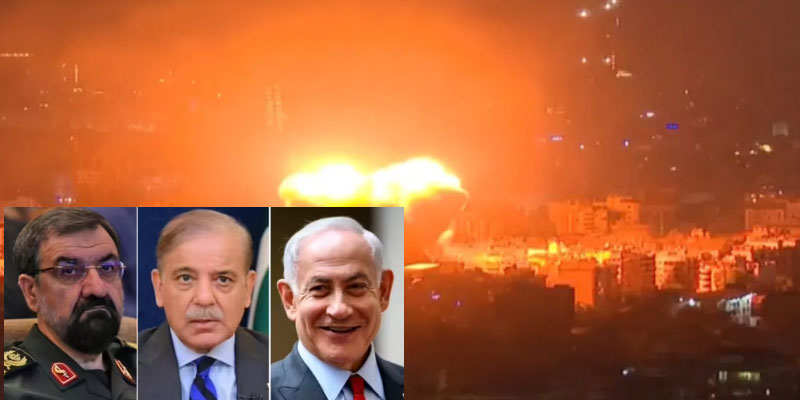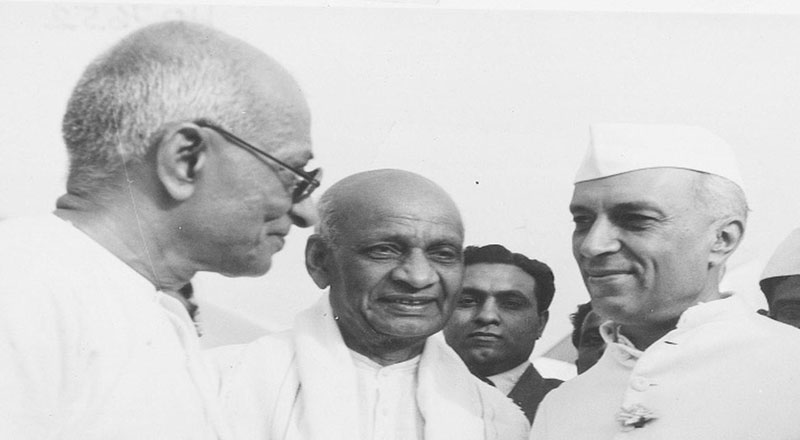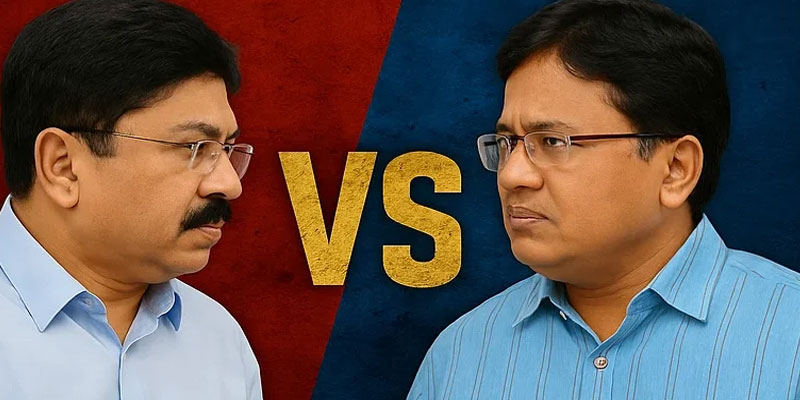Pakistani Nuclear Threat Claim: Iran Alleges, Islamabad Denies
In a dramatic claim aired on Iranian state television, General Mohsen Rezaei, a senior commander of Iran’s Islamic Revolutionary Guard Corps (IRGC) and member of the National Security Council, alleged that Pakistan has pledged to launch a nuclear strike on Israel if Israel were to use a nuclear weapon against Iran.
“Pakistan has told us that if Israel uses a nuclear bomb on Iran, then Pakistan will also attack Israel with a nuclear bomb,” Rezaei declared during a televised interview. The statement comes amid intensifying hostilities between Iran and Israel, with missile exchanges and mutual threats escalating across the region.
However, Pakistan’s Defence Minister, Khawaja Asif, swiftly denied the claim, asserting that Islamabad has made no such nuclear commitment, even as it reiterated moral and diplomatic support for Iran in its conflict with Israel.
Rising Flames: Iran-Israel War & Pakistan-Iran Ties in Focus
The current flare-up between Iran and Israel marks one of the most dangerous escalations in Middle Eastern geopolitics in recent years. What began as proxy skirmishes in Syria and Lebanon has now snowballed into direct missile confrontations, raising fears of a full-scale regional war.
Amid this, Pakistan has positioned itself as a vocal supporter of Iran, aligning with the broader sentiment in the Muslim world against Israeli actions in Gaza and Tehran. Following Israeli missile strikes near Tehran, Pakistan issued statements of solidarity, calling on Muslim nations to “stand united against Israeli aggression.”
Speaking in the National Assembly, Defence Minister Asif warned that Muslim countries could face the same fate as Iran and Palestine if they remained fragmented. He also urged the Organisation of Islamic Cooperation (OIC) to take unified action and suggested Muslim nations cut diplomatic ties with Israel.
Despite the strong rhetoric, Islamabad has categorically denied any commitment to nuclear retaliation, reinforcing its stance as a responsible nuclear power committed to restraint.
Unpacking the Allegation: Strategy, Symbolism, and Fallout
Iran’s nuclear warning, allegedly backed by Pakistan, appears to be more symbolic than strategic, designed to project Muslim unity and deterrence at a time when Israel holds an unacknowledged but widely assumed nuclear monopoly in the region.
Israel’s policy of nuclear ambiguity—neither confirming nor denying its arsenal—has long fueled strategic uncertainty in the Middle East. While the Jewish state is believed to possess over 90 nuclear warheads, it maintains a counter-proliferation doctrine, targeting efforts by rivals like Iran to develop similar capabilities.
In contrast, Iran asserts its nuclear program is peaceful, limited to energy and medical use. However, Western intelligence and the IAEA have repeatedly questioned Tehran’s intentions, citing high uranium enrichment and opaque activities as cause for concern.
Pakistan and Israel, both nuclear-armed nations, have no formal diplomatic ties. Pakistan’s nuclear arsenal, developed in response to India’s program, has traditionally been South Asia-focused. A pledge to use it in a Middle Eastern conflict would represent an unprecedented shift in doctrine—hence, the speed and strength of Pakistan’s denial.
For Iran, invoking Pakistan’s nuclear support may serve to deter Israeli escalation and rally broader Islamic solidarity, especially as it faces isolation from the West and domestic unrest at home.
Wider Impacts: Regional Destabilization and Nuclear Brinkmanship
The fallout from such claims—true or not—adds fuel to an already volatile Middle Eastern powder keg. With three nuclear-capable states—Iran, Israel, and Pakistan—in the mix, the risk of miscalculation or misinformation is dangerously high.
If misread by any actor, such statements could trigger pre-emptive strikes, retaliatory actions, or expanded warfare. For global powers, especially the U.S., China, and Russia, the urgency to de-escalate tensions has never been more critical.
This development also places Muslim-majority nations in a difficult position—torn between solidarity with Palestine and Iran, and the economic and diplomatic costs of confronting Israel and its Western allies.
A Dangerous Game with No Winners
As Iran and Israel drift closer to a catastrophic confrontation, and as claims of nuclear retaliation surface from unexpected corners, the need for measured diplomacy, not militaristic posturing, becomes vital. While Iran’s statements may serve strategic messaging purposes, nuclear weapons must never become bargaining chips in religious or regional conflicts.
The world has seen the horrors of nuclear war. The Middle East, already burdened by decades of strife, must not become the stage for the unthinkable.
(With agency inputs)






















